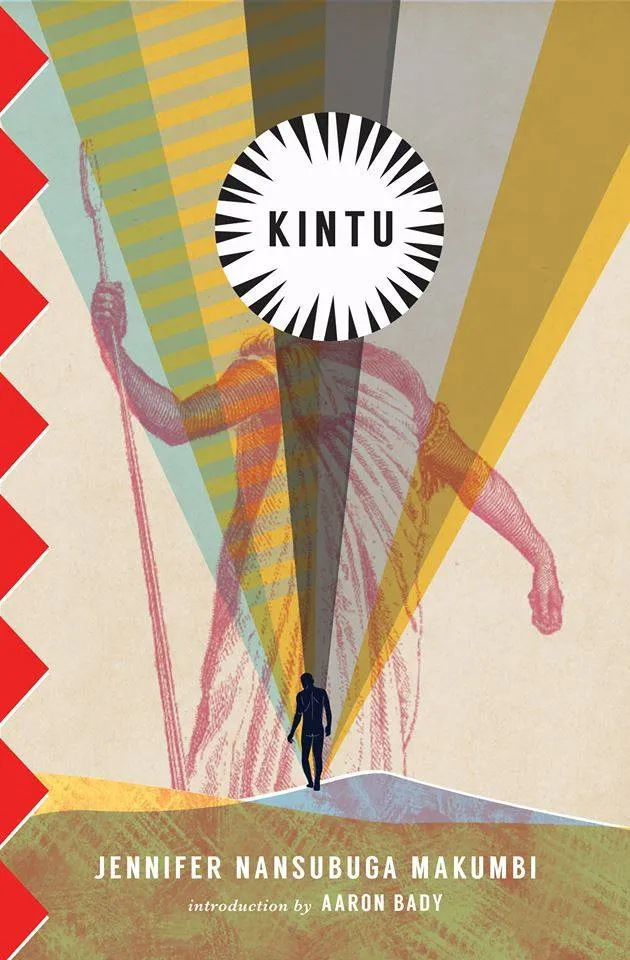
Anne Rice vs. Editors
This content contains affiliate links. When you buy through these links, we may earn an affiliate commission.
At the beginning of June, an old Facebook post of Anne Rice’s went viral. In it, she writes about refusing to be edited. More than that, she writes about her vision of the novelist as a solo player: “I felt that I could not bring to perfection what I saw unless I did it alone. In other words, what I had to offer had to be offered in isolation.”
Plenty of people took apart Rice’s post. Many authors rightly suggested it could use a good editing. William Sutcliffe went ahead and edited it for her. Some wanted to know if the unedited books had sold fewer copies. In some cases, as Jennifer Babineau writes, the attacks turned uncomfortably personal.
Yet Rice is hardly the only one who sees the novelist as a solo genius. Where she takes it farther is when she suggests that, unless we write alone, we’re “eternal adolescents.” Children have editors. Grownups do things by themselves. In this Bizarro world, the immature accept help graciously. Meanwhile, the mature refuse criticism and insist on hacking out sentences all on our lonesome.
 Certainly, in some cases, a writer should ignore editorial voices. Publishers apparently told Jennifer Makumbi, when she was submitting her award-winning Kintu, that she should separate the historical from the contemporary narrative. Now, we can all be grateful that she held fast to her vision. We can all be glad she published this structurally brilliant narrative much as she imagined it.
Some editing is bad. Goodness knows, all editors are flawed. Yet ultimately, creation is collaboration. Nearly all the best writing is the work of many hands.
Indeed, what I can hardly believe about Rice’s Facebook post is what a privilege she scorns. As newspapers, magazines, and publishing houses shrink staff, fewer and fewer authors have the chance to work with an editor. Some of us don’t even get a copy editor. Many editors are harried, overworked. In my experience as a freelancer, I often turn in work and—as long as it’s readable—it’s published as submitted.
Creative writing is, of course, not a set of theorems to be memorize. It’s a practice, one that must be learned while doing, while seeing oneself through other writers’ eyes.
Writers who are able to work with good editors are among a privileged few. I am grateful to read their work. I only wish there were more great editors to go around.
Certainly, in some cases, a writer should ignore editorial voices. Publishers apparently told Jennifer Makumbi, when she was submitting her award-winning Kintu, that she should separate the historical from the contemporary narrative. Now, we can all be grateful that she held fast to her vision. We can all be glad she published this structurally brilliant narrative much as she imagined it.
Some editing is bad. Goodness knows, all editors are flawed. Yet ultimately, creation is collaboration. Nearly all the best writing is the work of many hands.
Indeed, what I can hardly believe about Rice’s Facebook post is what a privilege she scorns. As newspapers, magazines, and publishing houses shrink staff, fewer and fewer authors have the chance to work with an editor. Some of us don’t even get a copy editor. Many editors are harried, overworked. In my experience as a freelancer, I often turn in work and—as long as it’s readable—it’s published as submitted.
Creative writing is, of course, not a set of theorems to be memorize. It’s a practice, one that must be learned while doing, while seeing oneself through other writers’ eyes.
Writers who are able to work with good editors are among a privileged few. I am grateful to read their work. I only wish there were more great editors to go around.
Yes, the editor is fallible
 Certainly, in some cases, a writer should ignore editorial voices. Publishers apparently told Jennifer Makumbi, when she was submitting her award-winning Kintu, that she should separate the historical from the contemporary narrative. Now, we can all be grateful that she held fast to her vision. We can all be glad she published this structurally brilliant narrative much as she imagined it.
Some editing is bad. Goodness knows, all editors are flawed. Yet ultimately, creation is collaboration. Nearly all the best writing is the work of many hands.
Indeed, what I can hardly believe about Rice’s Facebook post is what a privilege she scorns. As newspapers, magazines, and publishing houses shrink staff, fewer and fewer authors have the chance to work with an editor. Some of us don’t even get a copy editor. Many editors are harried, overworked. In my experience as a freelancer, I often turn in work and—as long as it’s readable—it’s published as submitted.
Creative writing is, of course, not a set of theorems to be memorize. It’s a practice, one that must be learned while doing, while seeing oneself through other writers’ eyes.
Writers who are able to work with good editors are among a privileged few. I am grateful to read their work. I only wish there were more great editors to go around.
Certainly, in some cases, a writer should ignore editorial voices. Publishers apparently told Jennifer Makumbi, when she was submitting her award-winning Kintu, that she should separate the historical from the contemporary narrative. Now, we can all be grateful that she held fast to her vision. We can all be glad she published this structurally brilliant narrative much as she imagined it.
Some editing is bad. Goodness knows, all editors are flawed. Yet ultimately, creation is collaboration. Nearly all the best writing is the work of many hands.
Indeed, what I can hardly believe about Rice’s Facebook post is what a privilege she scorns. As newspapers, magazines, and publishing houses shrink staff, fewer and fewer authors have the chance to work with an editor. Some of us don’t even get a copy editor. Many editors are harried, overworked. In my experience as a freelancer, I often turn in work and—as long as it’s readable—it’s published as submitted.
Creative writing is, of course, not a set of theorems to be memorize. It’s a practice, one that must be learned while doing, while seeing oneself through other writers’ eyes.
Writers who are able to work with good editors are among a privileged few. I am grateful to read their work. I only wish there were more great editors to go around.










